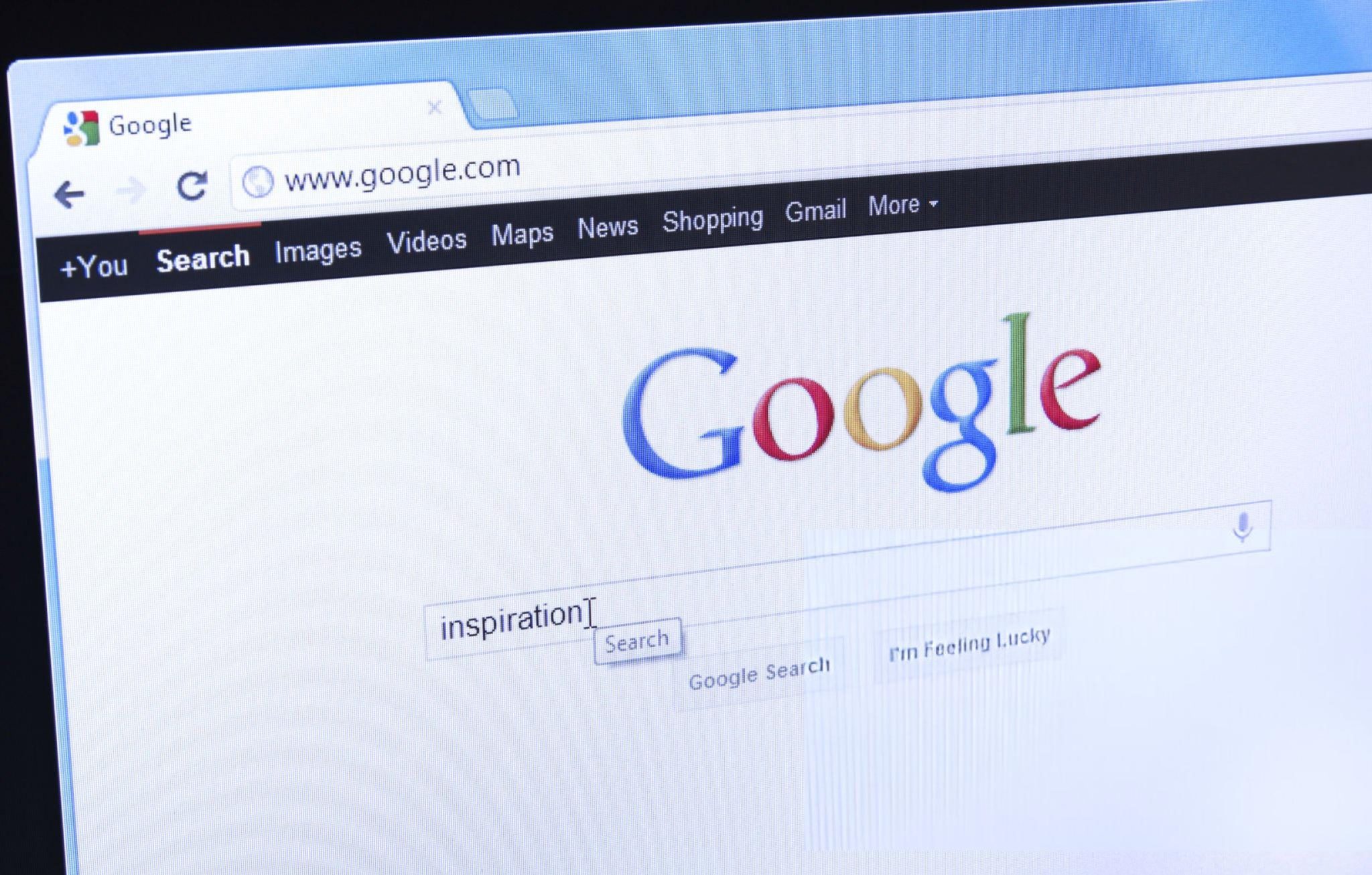London, UK – In a seismic ruling this month, a US judge determined that Google had illegally monopolised the digital advertising market, marking a pivotal moment in the tech giant’s nearly three-decade ascent from a Stanford dorm room to one of the most powerful internet conglomerates in history.
The decision opens the door for the potential dismantling of parts of Google’s advertising empire — a move with far-reaching implications for the global digital economy. As the company faces increasing scrutiny on both sides of the Atlantic, here’s a comprehensive look back at its meteoric rise.
Humble beginnings and rapid growth
It all started in 1995, when Larry Page met Sergey Brin at Stanford University. The two PhD students developed a new kind of search engine called BackRub, which used backlinks to determine a page’s relevance. By 1998, with a $100,000 cheque from Sun Microsystems co-founder Andy Bechtolsheim, Google was born.
Just a year later, in 1999, the fledgling company secured $25 million in funding from venture capital titans Sequoia Capital and Kleiner Perkins, setting the stage for rapid expansion.
In 2000, Google partnered with Yahoo, becoming its default search engine. That same year, it launched AdWords, the foundation of its now $300 billion-a-year advertising business.
Dominating the digital world
Throughout the early 2000s, Google expanded rapidly, releasing Gmail in 2004, launching its IPO the same year, and acquiring Android in 2005 — an acquisition that would shape the smartphone industry.
Notable milestones followed: the purchase of YouTube in 2006, the release of Google Chrome and the first Android phone in 2008, and forays into hardware like Google Glass and Pixel phones.
In 2015, Google restructured to form Alphabet Inc., with Sundar Pichai stepping in as CEO of Google, and later Alphabet itself.
AI, antitrust and accusations
The last decade has seen Google’s dominance challenged more openly. From multi-billion euro EU fines for antitrust violations to AI missteps that dented investor confidence, the company has faced mounting regulatory and public scrutiny.
Its AI ventures, notably Google Bard (later rebranded as Gemini), were launched amid stiff competition, and it has since doubled down on AI investment, including open-sourcing its Gemma models and acquiring Wiz, a cybersecurity firm, for a staggering $32 billion in March 2025.
However, its ad tech dominance has proven most controversial. A US judge in April 2025 ruled that Google had maintained illegal monopolies in ad tech, echoing the March 2024 ruling that it must face a class action lawsuit over advertising practices. In November 2024, the US Department of Justice even argued Google should sell its Chrome browser to restore fair competition in online search.
What lies ahead
As Google battles a £5 billion lawsuit in the UK, fresh EU investigations, and global regulatory pressure, the company finds itself at a crossroads. Once celebrated for revolutionising the internet, it’s now under scrutiny for allegedly stifling the very innovation it once championed.
What began in a university dorm has become a tech colossus — one whose future may now be shaped as much by judges and regulators as by engineers and coders. Whether this signals a course correction or the start of a major restructuring, one thing is clear: the era of unchecked Big Tech dominance may be coming to a close.







